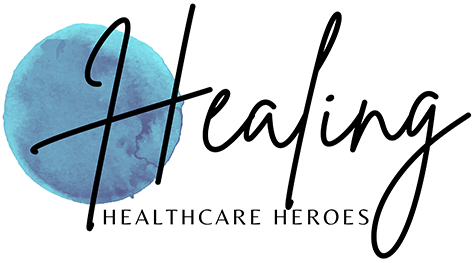Facts:
During epidemics, 1 in 6 healthcare works will develop significant stress symptoms.
Source: Carmassi, C., Foghi, C., Dell'Oste, V., Cordone, A., Bertelloni, C. A., Bui, E., & Dell'Osso, L. (2020). PTSD symptoms in healthcare workers facing the three coronavirus outbreaks: What can we expect after the COVID-19 pandemic. Psychiatry Research, 292, 113312. https://doi.org/10.1016/j.psychres.2020.113312
Burnout symptoms can lead to Secondary Traumatic stress. Requires treatment, and not just self-care activities.
Galek, K., Flannelly, K.J., Greene, P.B. et al. Burnout, Secondary Traumatic Stress, and Social Support. Pastoral Psychol 60, 633–649 (2011). https://doi.org/10.1007/s11089-011-0346-7
Even before the pandemic, 16% of emergency physicians self-reported symptoms of PTSD.
Source: DeLucia, J. A., Bitter, C., Fitzgerald, J., Greenberg, M., Dalwari, P., & Buchanan, P. (2019). Prevalence of Post-Traumatic Stress Disorder in Emergency Physicians in the United States. The western journal of emergency medicine.





